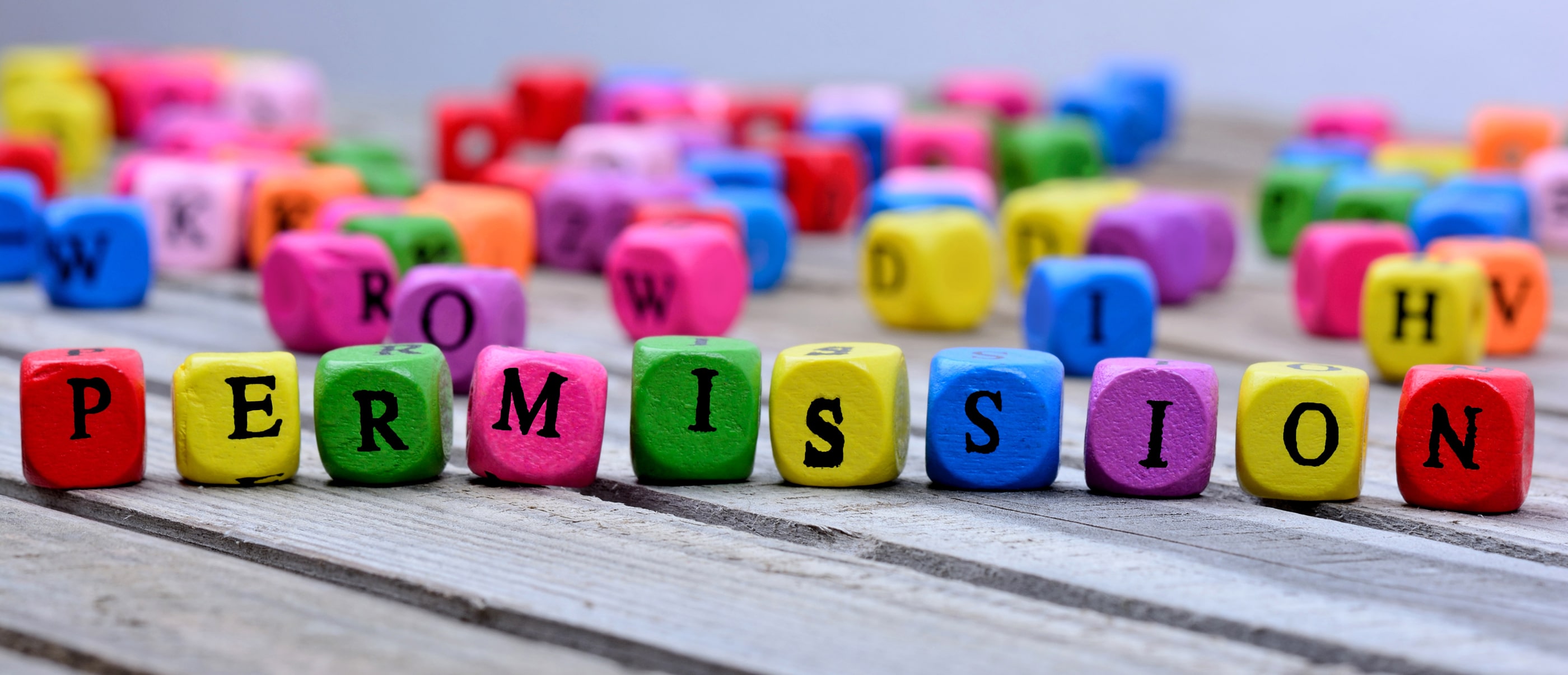Podcast: Play in new window | Download
Subscribe: Apple Podcasts | Google Podcasts | Spotify | Email | RSS | More
Permission to BE HAPPY
I learned this past week of two more young adult suicides. This is an epidemic. We are losing too many beautiful people to unnecessary deaths from treatable diseases. I remember being stuck in darkness that felt so real, heavy and impossible to fix. I didn’t want to die, but I didn’t know how to continue existing that way. There were many factors that helped me to heal from depression and chronic illness, but the number one thing was learning how to recognize and change toxic thoughts.
Thoughts are real. Thoughts are powerful. Thoughts are electricity and ask anyone who has been struck by lightning or a loose wire how strong electricity is.
Thoughts can convince you that life is so bad that you can’t be happy. Thoughts are so strong they can create emotions of fear, worthlessness, and feelings of impending doom, panic attacks, and the desperate need to to escape.
In my healing process, I discovered six LIES that my brain told me about why I couldn’t or shouldn’t be happy. I learned to counter those LIES with the powerful ANTIDOTE of TRUTH.
False Belief #1: I Can't Be Happy Because Life is Supposed to Be Hard
On the drive to music lessons this morning, my husband and son saw a beautiful bald eagle perched in a tree off the side of the road. Seeing an eagle in town is a rare and magnificent siting. They stopped the car to watch its grandeur and expected other drivers would do the same. Instead they were chastised by shouts and blaring horn. And this was on a leisurely country road on a Saturday morning. Other drivers pulled around them in frustration, so busy glaring and making angry gestures that they failed to notice the beautiful eagle.
Why do we believe that life is so serious? so busy? so burdensome? It is a false belief that life has to be hard. Episode 2: The Power of Want explains that if all we think about are problems, the Universe will give us more problems.
The antidote to this false belief is explained in Episode 4: Permission to Make Life Easier. Give yourself permission to enjoy life, to be happy now, stop and see the eagles!
False Belief #2: I Can't Be Happy While Others Suffer
My son is living in South Africa. He emailed pictures of a house he was helping to build build. This woman had acquired some land and some supplies and was building her own home. They dug a trench and stood some rough pieces of lumber in the trench to create a one-room, wooden shack. When I see pictures like this, my brain fires a string of thoughts about how unfair it is that I have an airconditioned/ heated home with a microwave and automatic dishwasher and that I shouldn’t be so comfortable and happy when so many people around the world are suffering.
This is a version of Survivor’s Guilt, the false belief that I shouldn’t be happy, healthy, and have a good life when others around me didn’t get that chance. Survivor’s Guilt causes people to self-sabotage through addiction or failure or just finding misery.
Truth: There will always be tragedy and suffering happening somewhere in the world, so if we all wait for no suffering, then no one would ever be happy. What’s more, we are powerless to help ease suffering if we are also miserable and depressed.
Truth: People don’t have to have identical lives and circumstances in order to be happy. This South African woman was ecstatic with her house because it was her own, she had worked for it, planned it, and built it. Likewise, I don’t need to have what other peopl have in order to be happy in my own life.
Truth: The Ego feeds on comparison, on being “more than” or “less than” others. As Theodore Roosevelt said, “Comparison is the thief of joy.”
Antidote: Give yourself permission to be happy in your life the way it is and be happy for others the way they are.
False Belief #3: I Don't Deserve to Be Happy because I'm Too Imperfect.
I wonder about these young college students whose lives ended far too early. Did they believe they weren’t good enough? Did they believe they were too flawed, too imperfect to be worthy of life and happiness. Instead of happiness did they feel guilt, worthlessness, and despair?
I caught my brain telling me lies like: “You can’t enjoy this because you don’t deserve it.” “You shouldn’t be happy because you didn’t do enough to earn happiness.” or “You have messed up you own life too much to deserve happiness.”
These are ALL lies!
Truth: Happiness is not based on a merit system. Happiness is an emotion that can only come from inside ourselves and never from any of our actions or accomplishments.
Antidote: Give yourself permission to be Imperfect and Happy. They can coexist.
False Belief #4: I Can't Be Happy if Other People Don't Approve of Me
While working to heal through depression, my counselor explained that I was Codependent. What? That was a surprise because I thought I was one of the most independent women I knew. But I relied on the approval of others in order to approve of myself. If someone else wasn’t happy with my work, then I couldn’t be happy either.
I had a False Belief that unless someone else noticed and validate me and my work, then I couldn’t be happy with me.
As a result, I learned to search for happiness inside of me.
Truth: I can be happy even if others don’t notice, validate or approve of me.
Truth: I can be happy even if someone isn’t happy with me.
Antidote: Give myself permission to choose my own happiness.
We need to change how we talk about happiness. “He makes me so happy.” or “I want to find a partner who makes me happy.” Because the truth is that you have chosen to be happy with that person.
False Belief #5: I Can't Be Happy Until . . .
The above image of a highway sign reading “Happiness Next Exit” represents a False Belief that Happiness is a destination and we spend a lot of time wondering how to get there.
This is the False Belief that we can’t be happy until we arrive at the completion of a certain event or circumstance.
I’ll be happy when:
- I finish my degree,
- the baby sleeps through the night,
- when the toddler is potty trained,
- the house is clean,
- the debt is paid off,
- my spouse changes,
- my boss recognizes my work,
- when my book is published,
- etc.
Truth: Happiness does not exist outside. Happiness happens inside. Happiness is here, now.
Truth: If I’m not happy now, then I won’t be happy when my book is published either. Why? Because happiness is a feeling and feelings are a result of my thoughts, not a result of my circumstances. I can choose to feel happy right now, sitting in the middle of a messy kitchen. The best evidence for this comes from WWII and the stories of Holocaust survivors like Victor Frankl, the author of Man’s Search for Meaning who learned to find meaning, beauty, and even bits of happiness in the most extreme circumstance of human brutality. And if Victor Frankl can do it, then I know I can be happy now.
Antidote: Give yourself permission to be happy NOW.
Antidote: Understand that events don’t make you happy. YOU CHOOSE to feel happy and you can choose happy RIGHT NOW.
False Belief #6: I Have to Be Happy 100% of the Time
Do you ever feel like you have to fake happy? Maybe people expect you to be happy. Maybe they think you should be happy and can’t understand if you aren’t happy. Maybe you think people rely on you to be happy so they can be happy to. It’s a False Belief that we have to be happy 100% of the time.
Truth: I am not responsible for other people’s emotions.
Truth: I don’t have to be happy and chipper all the time. That is a big burden.
Truth: I am meant to experience the range of human emotions. And it is important (and healthy) for me to acknowledge and feel all of my feelings from sadness to disappointment to grief.
Antidote: Give yourself permission to be real, to feel all your feelings and to not fake happy.
Antidote: Give other people permission to be sad. Allow people to feel what they need to feel and avoid the instinct to want to cheer them up or fix their emotions.
Conclusion
Learning that my thoughts and emotions were making me physically sick was the key turning point in my healing process. Thoughts and Beliefs are powerful and they can be changed. Giving myself permission to let go of false beliefs and choose happiness has helped me find a more rich, more authentic, and more meaningful life. I’m not happy 100% of the time (and that’s a good thing). I am happy more often than I am depressed, discouraged, or despairing. I have learned how to choose happiness and I give myself Permission to Be Happy.




